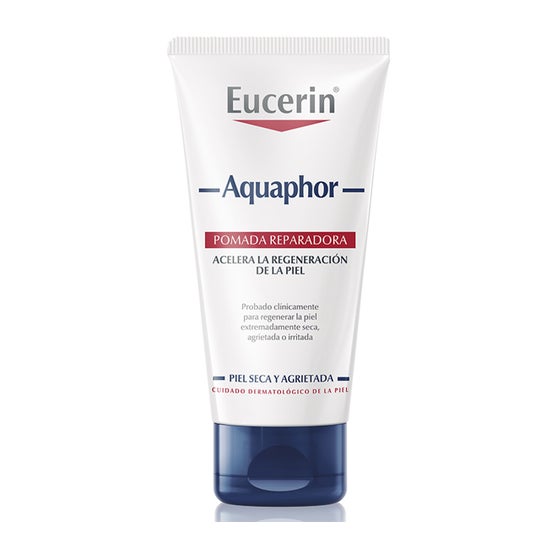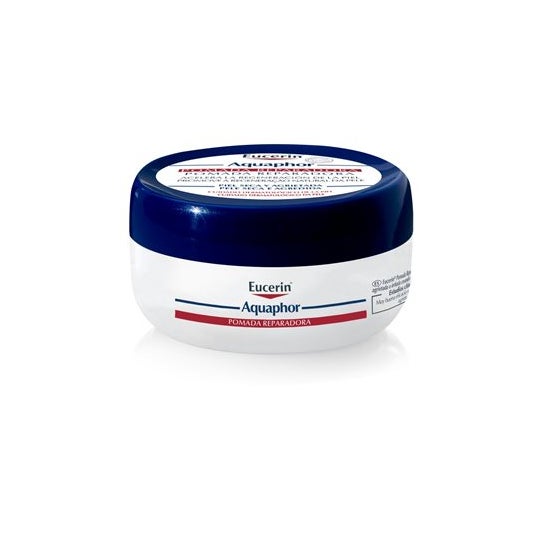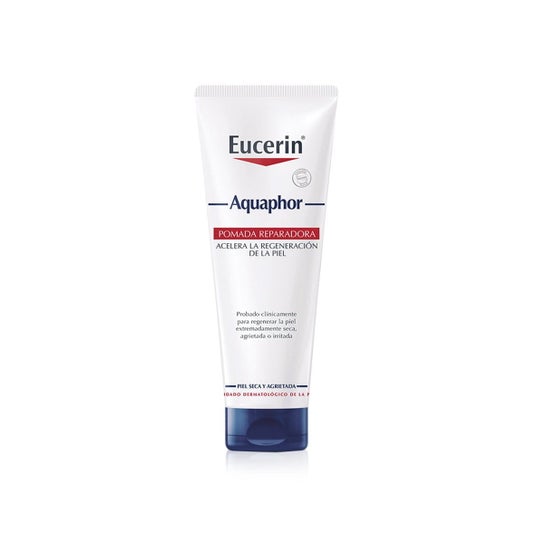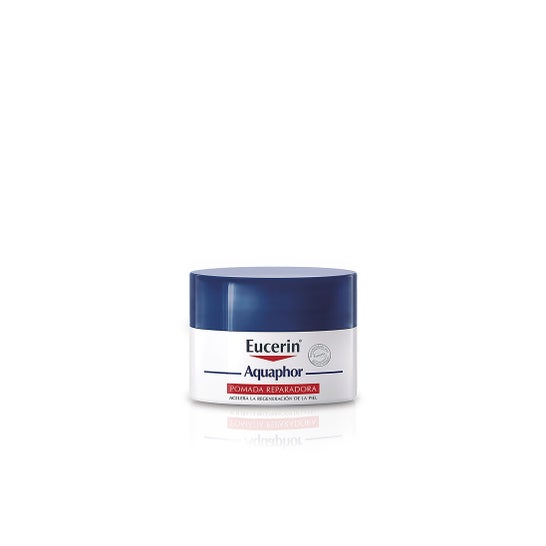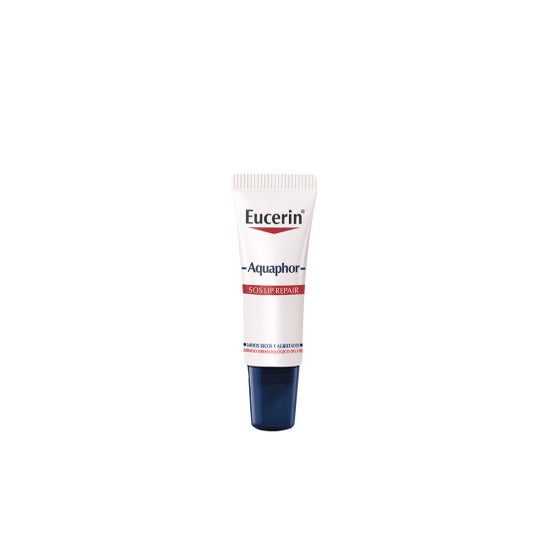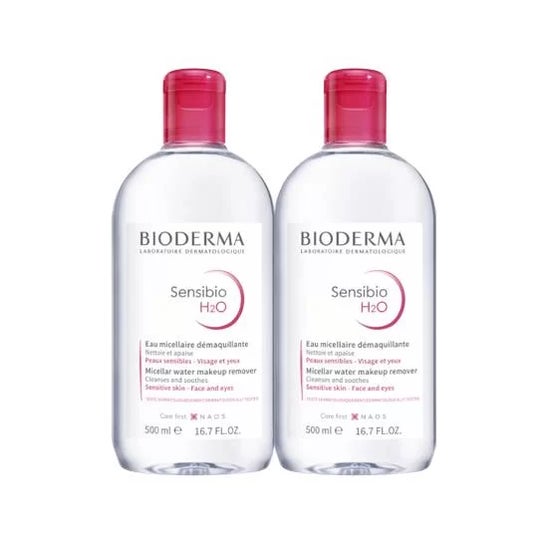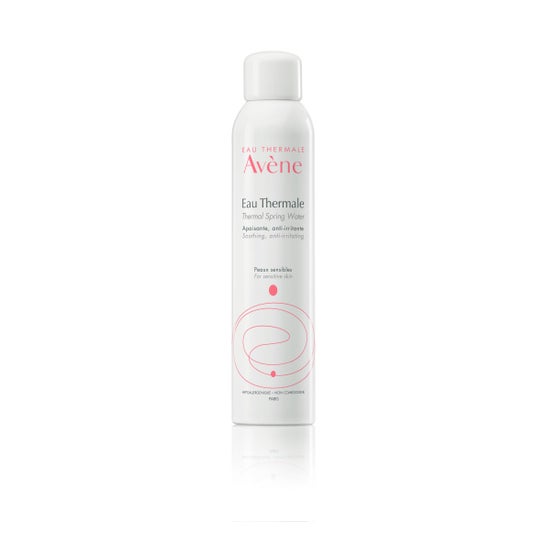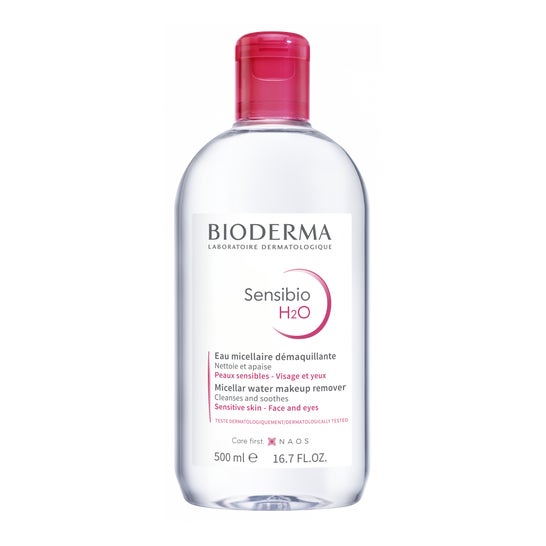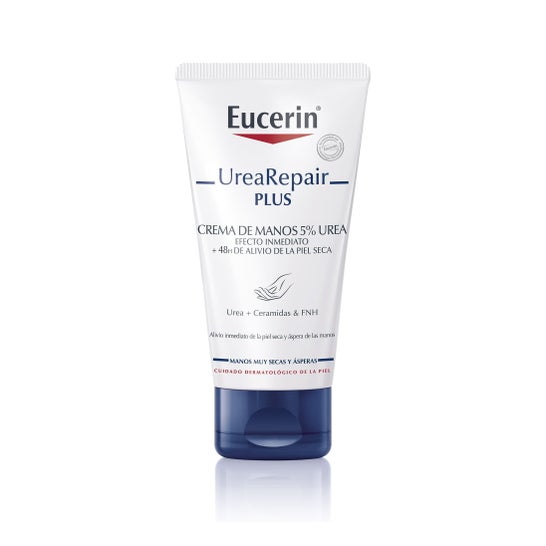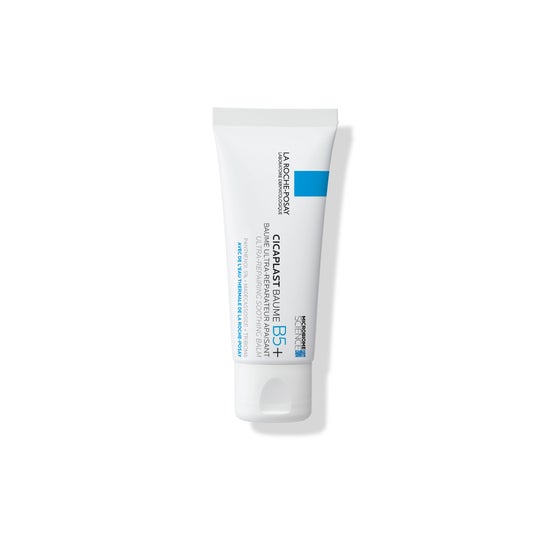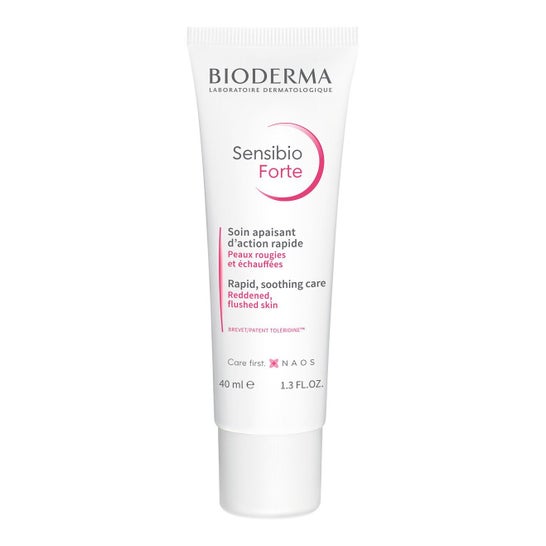Psoriasis is a skin condition caused by a dysfunction in the immune system, which causes the skin to regenerate at an accelerated rate. It manifests in the form of skin inflammation, with the appearance of pink or red plaques covered with whitish dead skin cells that flake off easily, especially on elbows, knees, scalp and feet.
Although it can have a genetic component, it is often triggered by environmental factors in which there is high oxidative stress, such as certain infections, cold and dry climates, toxic substance consumption (tobacco and alcohol), psychological stress or certain medication.
There are several types of psoriasis (plaque, pustular, erythrodermic, etc.) and although it can manifest in the form of cycles or outbreaks which, after some time, diminish or remit, it is possible to improve its symptoms.
Both mild and more severe forms of the disease require supervision from a dermatologist, as it can also affect other organs. The specialist will prescribe the most appropriate treatment for every person to counteract the outbreaks. The outbreak frequency can be reduced by using products specifically formulated to care for skin with psoriasis. There are creams, lotions and shampoos with very suitable ingredients. On the one hand, emollient and moisturising ingredients (such as urea, glycerine, hyaluronic acid, etc.); and on the other hand, keratolytic ingredients (such as salicylic acid, coal tar, urea with a higher concentration, etc.). Other ingredients with soothing and anti-inflammatory properties can also be useful.
In terms of lifestyle and hygiene habits, it is very important to reduce or manage stress levels, as well as to avoid smoking and excessive alcohol consumption. Use gentle and moisturising cleansers, avoid showers or baths with very hot water and the use of sponges. It is always advisable, especially in this context, to follow a varied and balanced diet.



